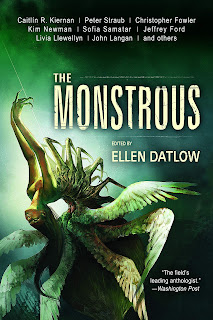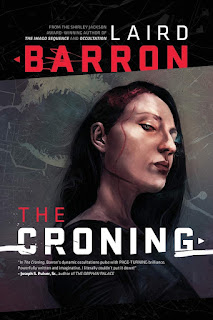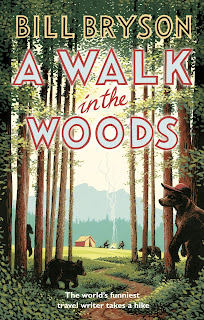"Aye, that's a squeeze-stile. They were used to mark the boundaries between one man's land and another's. You slip between those stones and you'll find yourself on the path. It's a fine walk. Eventually you'll come to a wooden step-stile at the far end of the trail. Climb that and you'll set down at the head of Wheat Sheaf Lane, right at the high street."
"Sounds straightforward. Thanks for everything."
"Remember," he advised, raising higher his finger with its unsightly nail, "you always want to keep the sun on your left shoulder when you're passing through that glen, lad."
Ian nodded, despite not caring to understand the wives' tale advice of rural folk.
He crossed the last of the field. Perspiration was already beginning to dampen his underarms and back. The tree-shaded glen would be a welcome relief.
The stones of the squeeze-stile seemed to radiate coolness, as though they were righted ice floes instead of granite slabs. Vein-like ribbons of moss suggested the stones' age as well as lending their appearance a strange texture, like a relief map of some remote land.
'Squeeze' was an apt name, for, as Ian soon discovered, the gap between the off-set rocks was claustrophobic, and their uneven faces were made almost hazardous by jutting keen ridges. When he was pressed between the two standing stones, desperation flushed hotly through Ian, followed instantly by a tarry sense of despair. Childishly, he shut his eyes and held his breath before pushing through to the other side of the stile.
The grove expanded all around him. The velvet leaves of the oaks pulsated and the insects offered up a subtle fanfare. While he knew that his passage through the squeeze-stile had not been anywhere near as dramatic or traumatic as he'd imagined, Ian was nonetheless grateful for the verdant expanse at his elbows, the soft trail under his soles. This new environ seemed to lessen the dull ache in his ankle. He was already fantasizing about lying on that King-size bed, his bad leg propped, the air conditioner blasting at full-power and the television playing loudly.
In what seemed to be no time at all, Ian spotted the wooden step-stile that marked the trail's end.
Age and the elements had smoothed the wood steps to such a degree that they felt ice-slick beneath him. Ian scaled and descended the inverted-V carefully, experiencing an unwarranted sense of achievement when his feet struck Wheat Sheaf Lane.
But this spike of exuberance became lost in a sudden blast of terror; a terror that was as inexplicable as it was unbearable. About him, the midday sun shone warmly through the screens of healthy leaves. Swallows trilled and a temperate breeze pressed the entire scene as rhythmically as the evening tide. There was nothing that should have upset him. Ian scanned his surroundings more closely, hoping yet at the same time not hoping that he might glimpse whatever obscured threat had aroused in him this pulsing dread. But there was no danger to be seen, not even the potential for danger. All was thoroughly pastoral. Ian could even see the rooftops of the high street; a reminder that civilization was but a few steps away.
But it was all still somehow unbearable. The openness of the lane, the visibility of the cloudless sky was too immense, too open. Rather than providing airiness and relief, the space aroused a reverse claustrophobic response in Ian, who began to view himself as exposed; a speck of tender prey standing unprotected and wholly visible.
This, Ian realized, was true panic….
Jay
21 April 2019




.jpeg)


